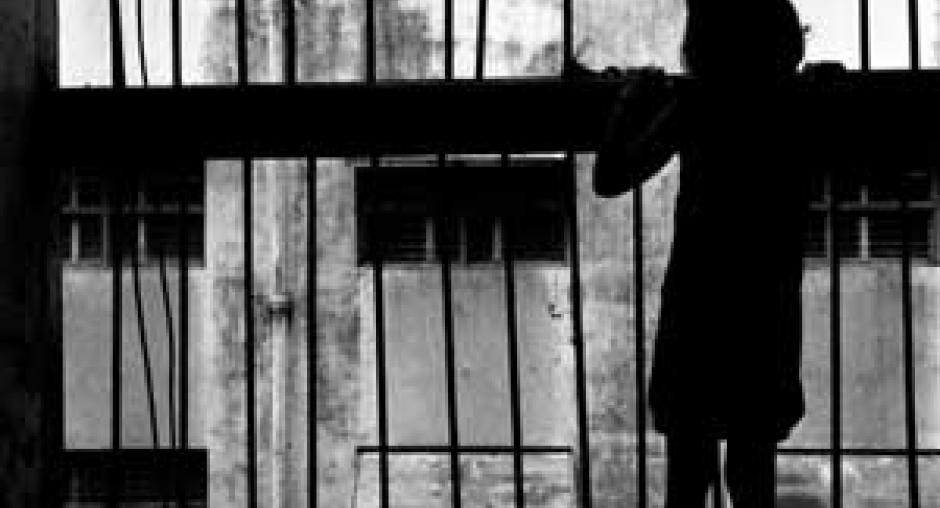Number of children trafficked from Moldova to Russia on the rise, says new UN-OSCE report

CHISINAU, 8 April 2005 - More children are being trafficked from Moldova to Russia, shows an international report presented in Moldova today.
The report, entitled, Trafficking in Human Beings in South Eastern Europe: 2004 -- Focus on Prevention, was presented today in Chisinau to the Moldovan public by the United Nations Children's Fund (UNICEF) Representative to Moldova, the United Nations Resident Co-ordinator and the OSCE Mission to Moldova.
The report shows that the number of trafficked persons returning to Moldova, especially from the Western Balkans, is gradually declining, but it notes an increase in the number of women returning from Turkey and Russia. There is also more information about trafficking from Moldova to Israel and the Middle East. Some believe that trafficking from large towns in Moldova has reduced as a result of successful awareness-raising campaigns among high-risk groups, but the report notes that this is difficult to prove.
There is also more evidence of children being trafficked to Russia. Children are victimised in two ways, through cruelty and maltreatment, and through being forced into begging and prostitution. As the western border of Moldova is better controlled, there is more evidence of trafficking through Ukraine to Russia, and less about trafficking through Romania.
According to the report, many of the victims of trafficking who have been assisted in Moldova had experienced domestic violence in their past. Yet, there are no prevention programmes linking violence against women in the family and trafficking. Progress has been made in prevention by combining migration and trafficking messages. Whereas vulnerable people may be frightened by anti-trafficking messages, they are interested in practical information about safe migration.
The report highlights the experience of UNICEF Moldova in strengthening the protective environment for children and families by addressing the root causes that contribute to the vulnerability. Approaches used include supporting parental education programmes, specialized services for children victims of abuse, neglect, and establishing youth friendly centres. Also, life skills education for the prevention of trafficking and youth unemployment was supported in order specifically to address one of the most vulnerable groups -- children and young people graduating from residential care institutions.
The Report further discusses the development by the OSCE Office for Democratic Institutions and Human Rights (ODIHR) of a Reference Guide for Anti-Trafficking Legislative Review and an Action Plan to Combat Trafficking in Human Beings, as well as a Code of Conduct. Applying these, the OSCE Mission to Moldova has supported the preparation of the draft Law to Combat Trafficking in Human Beings, which currently awaits adoption by the new Parliament.
The revision of the National Action Plan to Combat Trafficking in Human Beings is another key priority for the OSCE Mission.
"Once these key documents are in place, we can concentrate our work on the most significant task: implementation!", said Ryan Grist, Deputy Head of the OSCE Mission, in today's press conference.
The report, the third and last of a series, is published by UNICEF, the Office of the High Commissioner for Human Rights (OHCHR) and the OSCE ODIHR. It looks at the situation in Albania, Bosnia and Herzegovina, Bulgaria, Croatia, the former Yugoslav Republic of Macedonia, Moldova, Romania, and Serbia and Montenegro (including the UN administered province of Kosovo) and was officially launched in English by these institutions on 31 March in Geneva. Today marks the launch of key excerpts relevant to Moldova in the Romanian language.
The press release on the original launch is available at www.unicef.org/ceecis/media_1566.html
